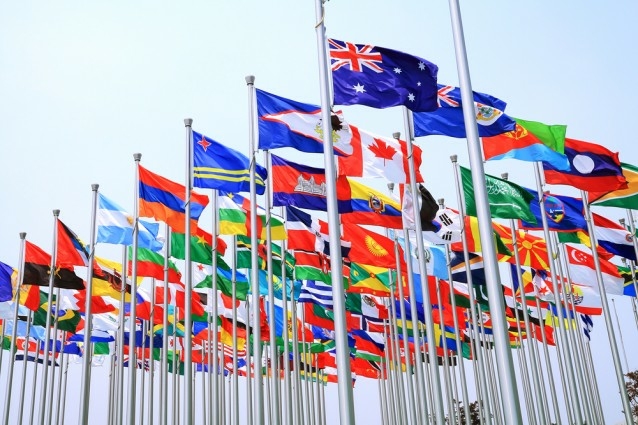UN Development Programme (UNDP) on Monday launched a plan to provide immediate economic help and longer-term assistance to the millions left struggling to meet basic needs, in the wake of the Russian invasion of Ukraine.
The plan aims to counter the devastation that’s been caused by the shelling of cities and early projections that two decades of economic progress could be lost if the war continues.
The announcement came as The World Bank issued an alert that Ukraine’s economy is set to shrink by 45 per cent in 2022 because of the war.
The World Bank also noted that, hit by unprecedented sanctions, Russia’s economy has already plunged into a deep recession with output projected to contract by 11.2 per cent in 2022.
“The war in Ukraine continues to inflict immense human suffering…with nine out of 10 people at risk of falling into poverty.
“As part of a coordinated UN response, UNDP has an unwavering commitment to stay and deliver for the people of Ukraine,” Achim Steiner, UNDP Administrator, said.
Steiner insisted that it was vital to ensure that local economies continued to function and that people’s livelihoods were protected.
Thanks to UNDP’s long-standing presence across Ukraine, it has the infrastructure to support the Government’s emergency response and the delivery of vital public services.
There is a particular focus on helping the most vulnerable people in Ukraine at a community level, in particular all women who are at increased risk of violence, including conflict-related sexual violence.
To help empower women and girls, UNDP insists that they must have fair access to basic needs and livelihood support – including business support and access to finance, networks and markets.
Outside Ukraine, the impact of the Russian invasion has already translated to serious concerns among humanitarians about global food insecurity, as production in Ukraine of many cereals and other staples has been hit.
Sanctions on Moscow have also hit economies around the globe, according to The World Bank, which said that emerging markets and developing countries in Europe and Central Asia were expected to “bear the brunt”.

















Discussion about this post